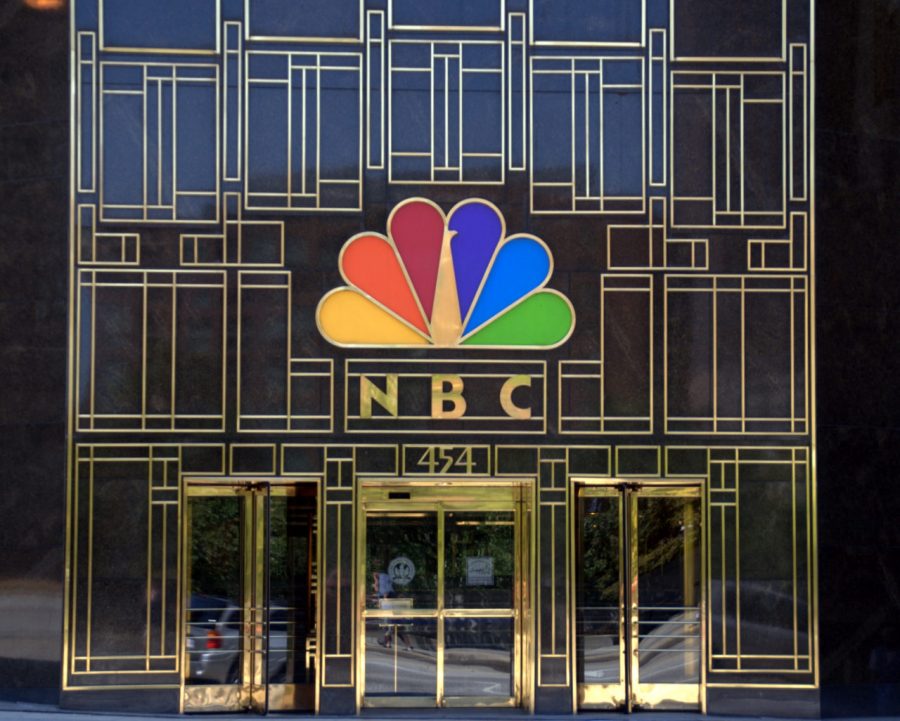President Donald Trump is entirely predictable. Well, within the sense of what he watches.
Operating like clockwork, Trump rises early each morning and tunes into MSNBC’s “Morning Joe.” Hosted by Joe Scarborough and Mika Brzezinski, the three-hour show covers a broad array of political movements, making it a staple in the American news cycle. After Trump finishes the day, he retires to his study for more television. According to the New York Times, Trump will watch “The O’Reilly Factor” on Fox at this time. It’s indeed no surprise that the president watches NBC and Fox, considering each outlet rakes in millions of viewers.
Rather, it’s the substantial influence that both networks have gained within the White House that has flipped Washington D.C. on its head.
President Trump brings uncertainty into the Oval Office. His unusual style of politics stresses the importance of weaving a tight-knit circle that rejects outside influence; indeed, he campaigned on this issue months ago. Hidden advisors such as Steve Bannon and Jared Kushner have a direct influence on his policy decision. This has proven rather troublesome, as White House officials were left out of Trump’s decision to ban Muslims from the United States. Accordingly, lobbyists have also been pushed out, rendering them incapable of speaking with the president. Therefore, groups like VoteVets have chosen an untraditional route to influence Donald Trump.
Using expensive advertisement slots, lobbying groups are hoping to catch Trump’s ear during his free time while he relaxes. Aired during “Morning Joe’s” Feb. 6 show, VoteVets played an advertisement aimed straight at the president. Tweeting later that day, the group said, “@realDonaldTrump, we’re debuting this ad on @Morning_Joe, and taking it to other morning shows you watch, too!” This unusual attempt at influencing the president may seem ridiculous, but it’s evidently rather effective.
As many will remember, President Obama made a bold decision his final week in office to pardon Chelsea Manning, a former soldier accused of leaking U.S. national intelligence. As The Atlantic noted, “…minutes after Fox News used the words ‘ungrateful traitor’ to describe Chelsea Manning and ‘weak leader’ to describe President Obama, Trump sent a tweet calling Manning an ‘Ungrateful TRAITOR’ and Obama ‘a weak leader.’” While this might’ve been a mere coincidence, Trump has done this multiple times before.
Reacting to an “O’Reilly Factor” report on Chicago, Trump tweeted about the city’s murder rates shortly after O’Reilly’s segment on Fox. Combined with Scarborough’s tendency to tweet the president during his show, it becomes clear why lobbyists are using advertisements to influence the White House — it’s their only path to Trump. As Politico reported, “One prominent D.C. consultant said some of his clients, including a big bank and major pharmaceutical company, were negotiating this week to buy ads … because they knew they had a good chance of reaching the president.” This intense competition has driven up network advertising prices rather quickly.
Since the Nov. 8 election, “Morning Joe’s” ad prices have more than doubled, with subsequent price hikes for various Fox News programs. Numerous agencies in D.C. have capitalized on this, acknowledging that advertisements are a direct line to the president. Within this sense, targeted advertising is a practice entirely removed from traditional lobbying — it represents an inversion of the business model.
Ordinarily, commercial slots during news programs are meant to appeal to large groups of people. President Donald Trump is a single man amongst millions of viewers. Yet, what a viewer he is for NBC and Fox. Followed by roughly 24 million people on Twitter, a single Trump tweet can slash the value of company stocks (e.g. Lockheed Martin and Boeing). The reverse is also true, especially if the president sings his praises for a certain company. Therefore, if an advertiser is allowed to capture his attention for less than a minute, they could theoretically shift the entire market.
Major industries, such as pharmaceutical companies, are inclined to spend millions trying to change Trump’s mind during a commercial break. Although Fox News and MSNBC have both refused to speak publicly about the practice, consultants expect that ad rates for “Morning Joe” and Fox News will likely rise in the coming years. Nothing quite portrays the attention span of a leader in the 21st Century better than a 30-second advertisement shifting the course of an entire nation.


